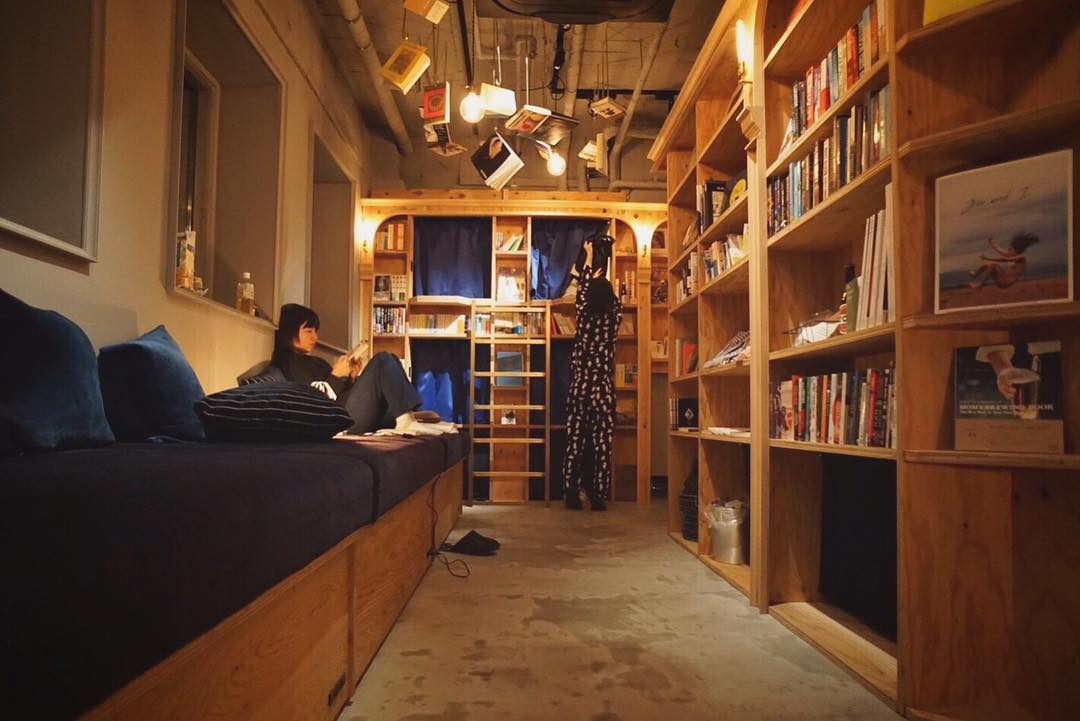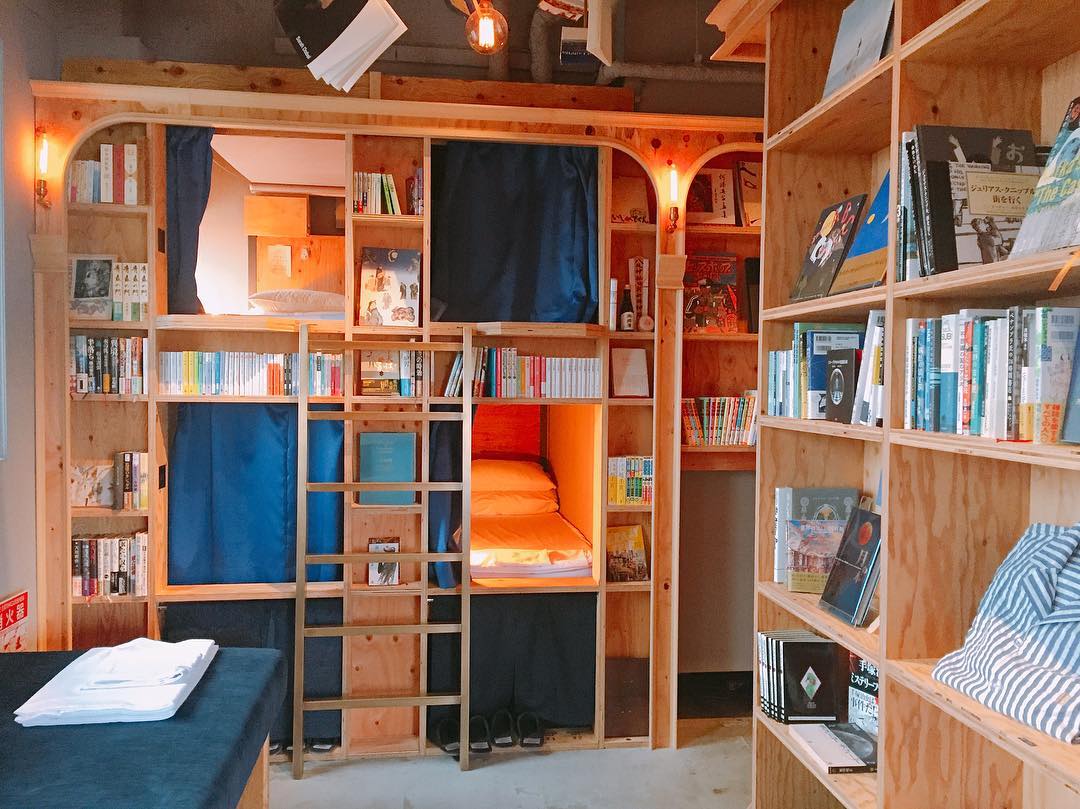Hidden Places In Tokyo

Tokyo is the Doraemon pouch of travel destinations. I’ve been there twice now, and both times I return with an entire FamilyMart franchise in my suitcase, only to discover some hyped place I missed out, and some newfangled pastry I should’ve ingested.
Third time’s a charm, right? With the help of our overlord, the Internet, and a trip there and back, here’re the blind spots your untrained eye will miss. I promise you’ll find no trace of Mickey Mouse ears and 5am tuna auctions.
Watch our vlog to find out more!
1. Face the most badass roller coaster in the whole of Japan
Unless your idea of adrenaline involves mickey-shaped popsicles and breaking out into the OST of A Tangled Tale, the theme park you should really be headed for is Fuji-Q Highland.
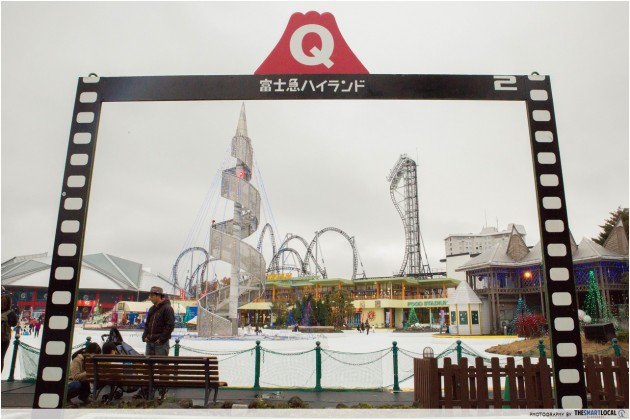
Fuji-Q is famed for rides that have made Guinness World Records, and next to them, USS’s Battlestar Galactica looks completely PG13. Its most gangster of rides, Takabisha, has the world’s steepest drop at 121°. That packs 10 times the kick of a linear freefall!
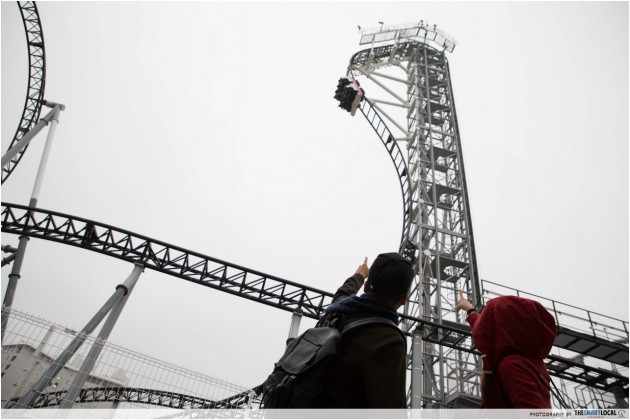
It soon became clear the theme park thinks little of the 360° revolution – they’re almost a prerequisite even for milder rides! We happily hopped onto one without a queue and the world quickly became all sorts of inverted. If you heart is frail, it pays to watch a demo before you dive in.
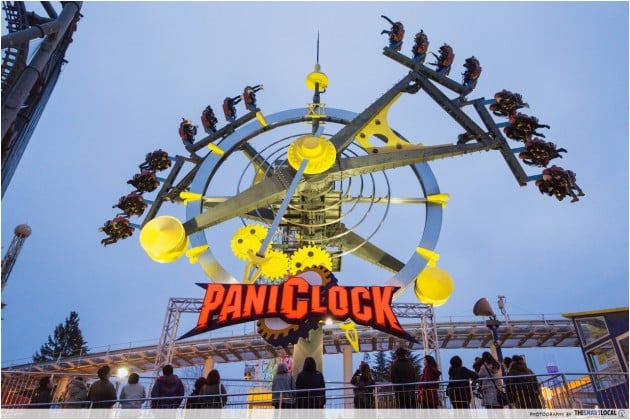
The train ride is about 2 hours long, but you get an exclusive peek at Tokyo’s suburbs and mountainous regions where few tourists have been. Mount Fuji even comes into view on a clear day.
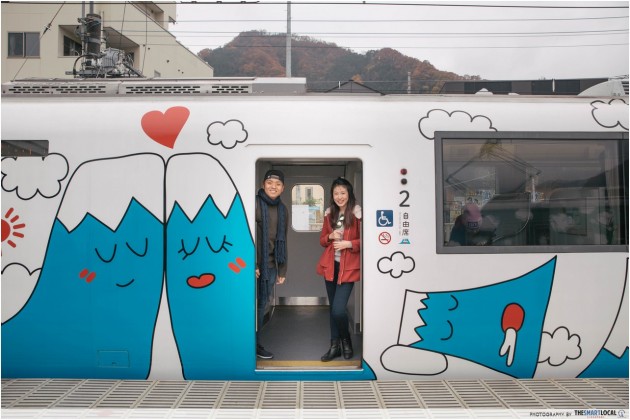
2. Spend the night in a caravan in Harajuku’s backyard
Not far away from the congested Harajuku district is a quiet neighbourhood called Omote-sando. In a maze of landed houses, a tiny cafe and an inconspicuous blackboard sign leads to Commune 246 – Tokyo’s very own version of Pasarbella.
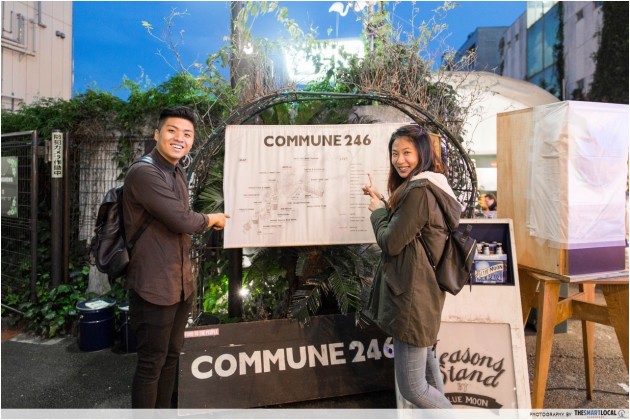
The space comprises a meeting room, cafes, and pop-up food kiosks peddling cuisines ranging from German to Hawaiian. In winter, there’s nothing more pleasant than huddling around a heater indoors with a feast of bratwurst sausages and poke bowls.
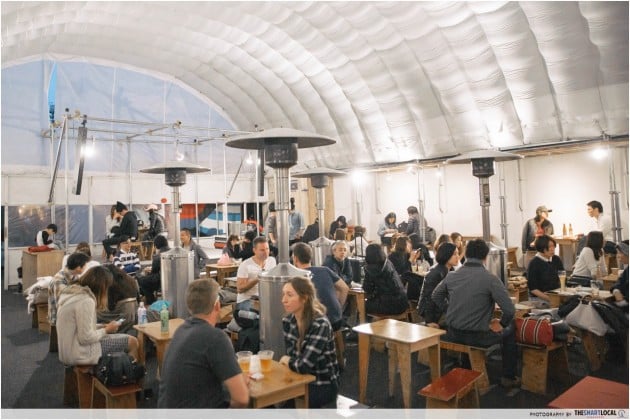
Still not sold? Here’s a cutesy caravan in the middle of no freaking where that you can spend the night in.
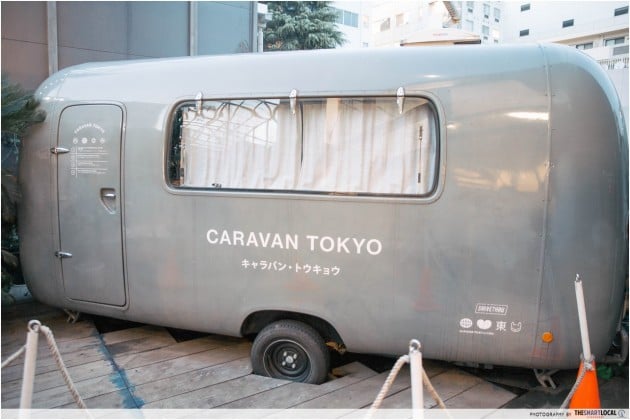
3. Race actual vehicles at Shibuya Crossing in real-life Mario Kart
If your childhood was dedicated to Mario Kart, it’s time to toss those virtual goggles aside and live the character, on the glitzy streets of Tokyo no less.
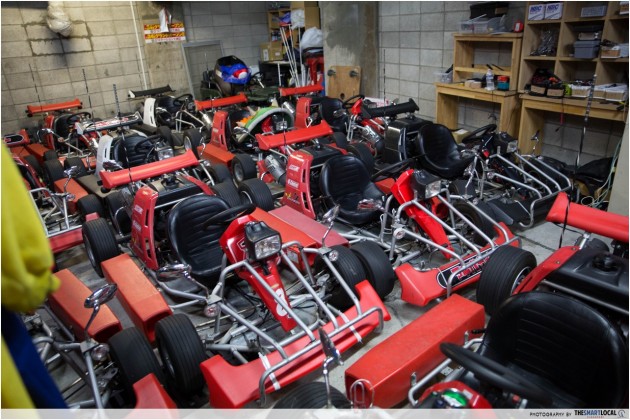
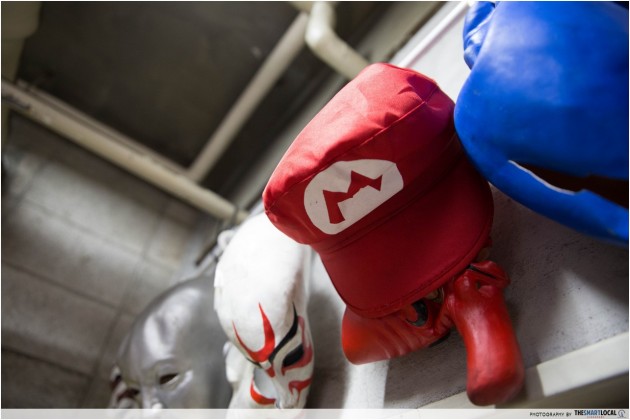
Ironically, racing down the roads of Shibuya alongside real cars costs less than a cab ride. $39 lets you loan the plumber’s uniform and mustache, and his vehicle for an hour of free-roaming.
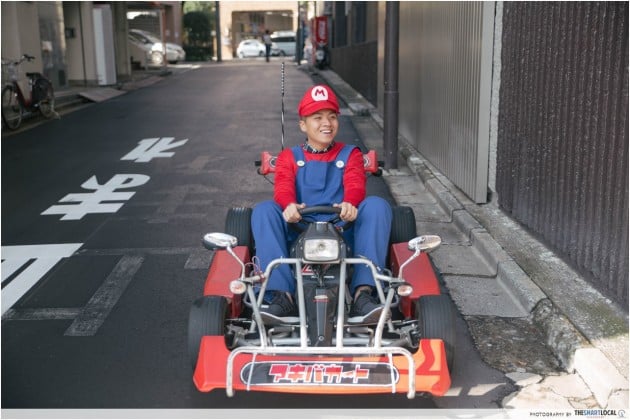
You’d need an international driver’s license for this, though!
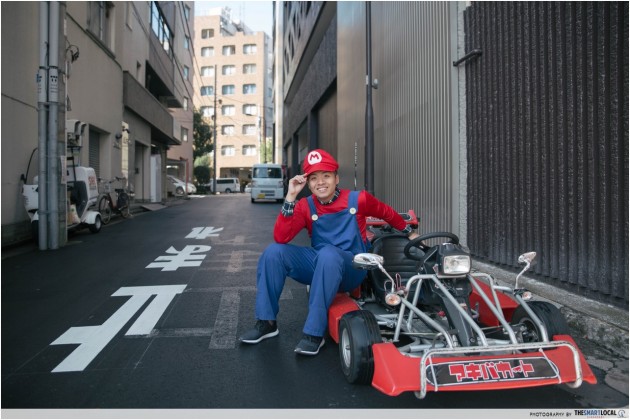
4. OD on conveyor belt sushi at a Gachapon restaurant
The Gachapon Alley is a popular hit in Akihabara, but another novelty that’s quickly gaining traction is Kura Restaurant. The conveyor belt sushi place has a personal Gachapon machine at each booth, and every 5 plates you wipe out grants you a spin.
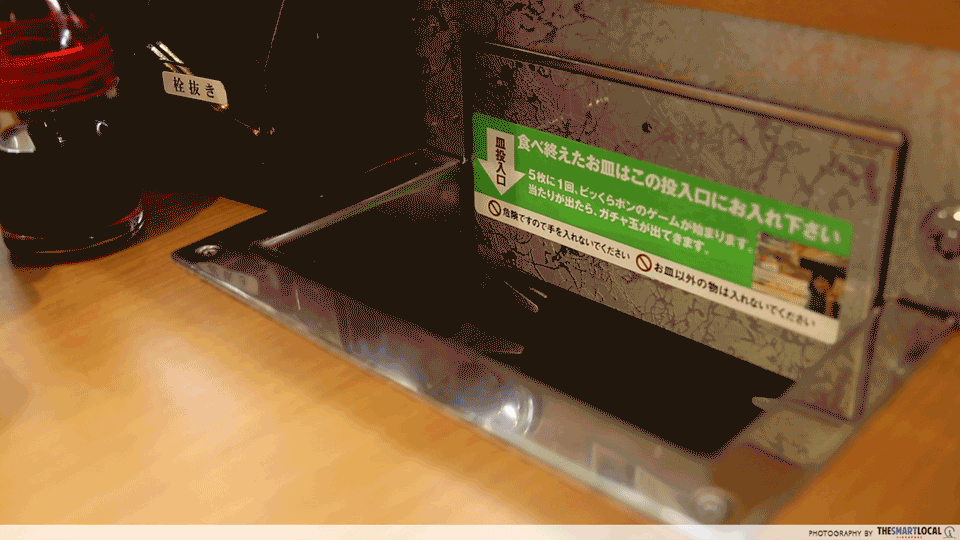
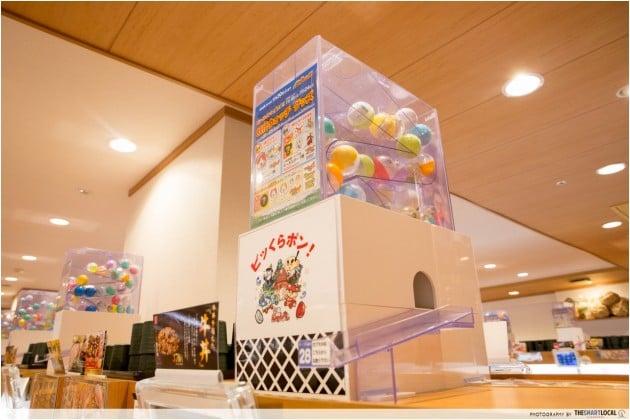
It may sound gimmicky, but the food quality isn’t shabby at all. On top of the usual suspects, you can expect less common dishes like pumpkin mochi and wagyu beef. Or you could order something off the ala-carte menu and have it sent to you Genki sushi-style.
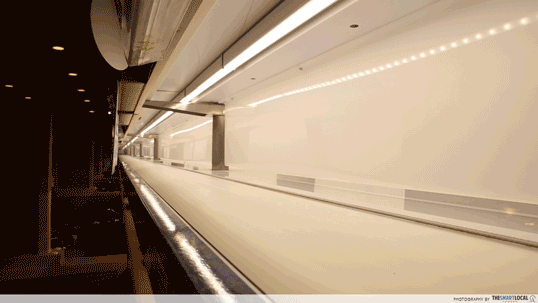
5. Take a day trip to see Yokohama’s very own Chinatown
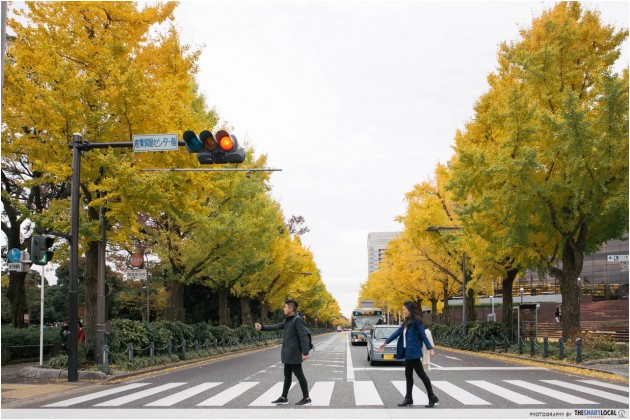
Tokyo’s ceaseless nights and neon signs may be spectacular, but peace and quiet can be hard to find here. Most day trip suggestions will point you in Disneyland’s direction, but you can count on Yokohama for a lax excursion.
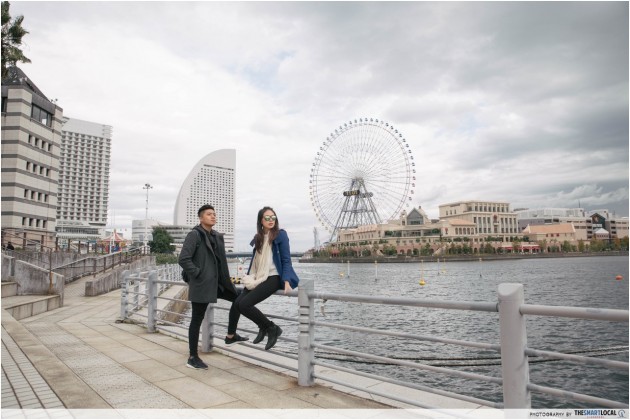
It’s no less cosmopolitan than Tokyo, but things move at a much gentler pace. A leisurely stroll along the port city’s amusement park will lead you to the Red Brick Warehouse, where a repurposed colonial building now holds rows of indie boutiques and cafes.
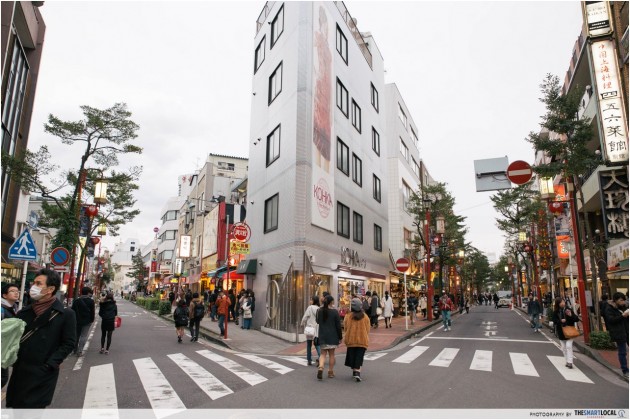
We were told en route to Yokohama that a trip to Chinatown is mandatory, but little did we expect to be transported to the old streets of Taiwan and Hong Kong through hundreds of shops selling Chinese cuisine and other oriental bric-a-brac. This juxtaposition is uncharacteristic of Tokyo, but we’re not complaining about XLBs that completely kick Din Tai Fung’s in their soup-filled asses.
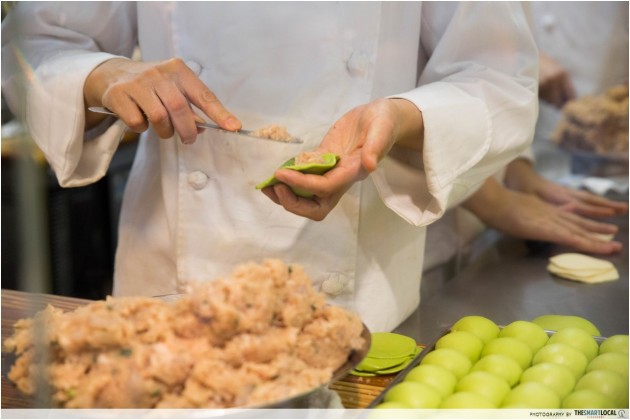
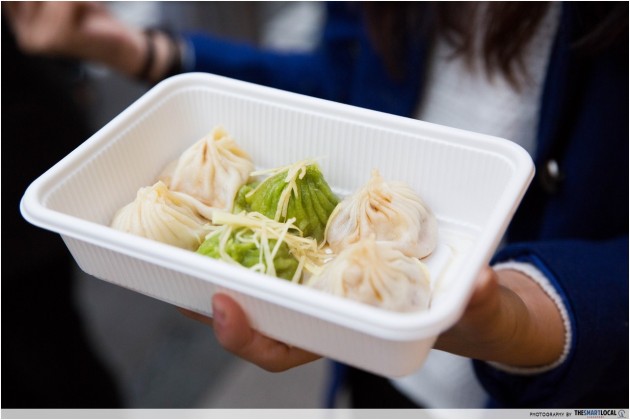
6. Catch your own sashimi at Zauo Fishing Restaurant
Zauo Fishing Restaurant is perfect for Singaporeans who enjoy prawning, but are too impatient to spend hours waiting for a tug. Here, the whole process of baiting, catching and cooking is compressed into 30 minutes.
There’re 3 types of seating – boat, booth, or a traditional Japanese dining room. Once settled in, you get a choice of ordering dinner off the menu or catching it. Spoiler alert: there is a right answer to this.
100JPY gets you a dish of shrimps, though you’ll probably only need 2. The fishing part involved a lot of splashing and screaming, but was a lot easier than I thought. You get to pick 2 methods of preparation for your catch, and you’ll see the fella in about 15 minutes on your dining table.
The experience is slightly overpriced, but you can’t possibly get it anywhere else. Our advice: come here for the funsies, but have the real dinner someplace else.
7. Confuse your taste buds with nasty ice-cream flavors at Namjatown
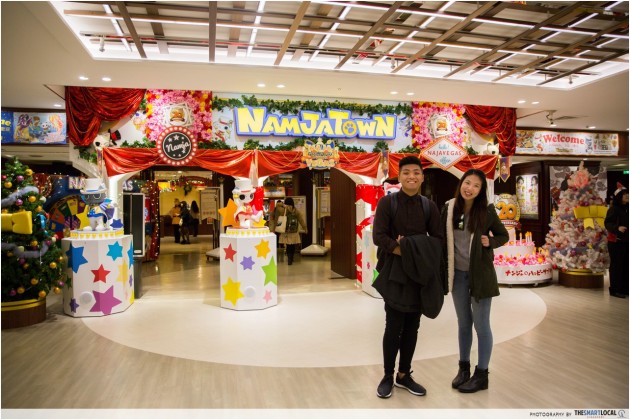
Next to neighbors like Pokemon Center and an aquarium with otters and seals, Namjatown is a spot in Sunshine City too often glossed over. While it claims to fit ages 5-12, the indoor theme park holds a draw that will fascinate all.
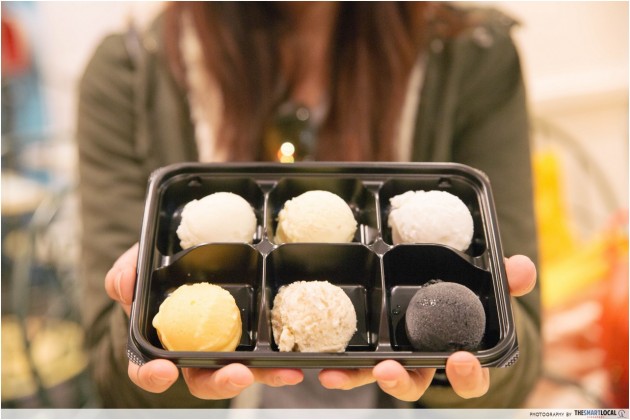
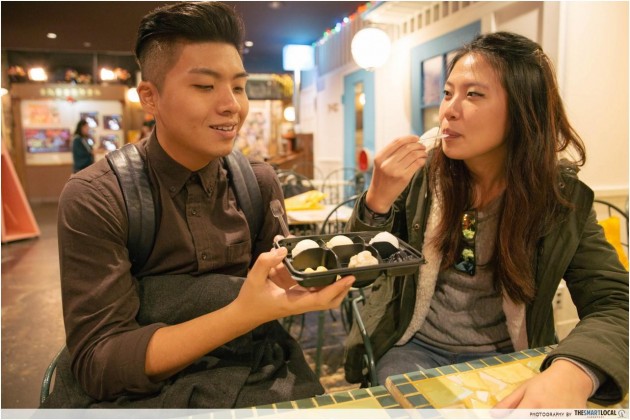
We hear you like ice-cream, so let’s start you off with an Ox Tongue flavor, have you ease your way into Garlic, before washing it down with a fiery dose of Hot Pepper. No better place to confuse your taste buds than the land of all things weird and sometimes nasty.
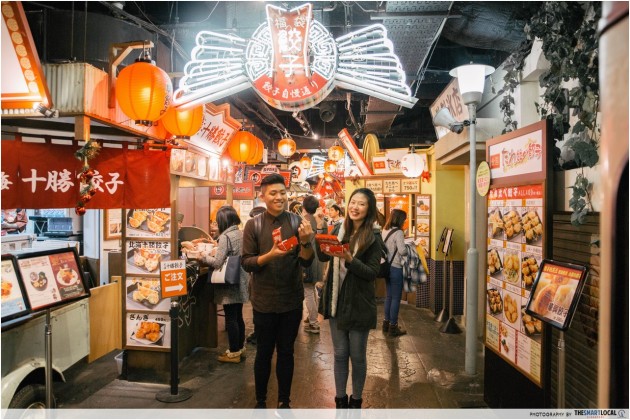
Within the same compound also lies Gyoza Street, where you can find different brands of potstickers clustered in a Ramen Champion-esque manner. Can’t decide? Follow the Singaporean rule of thumb and get in the longest line.
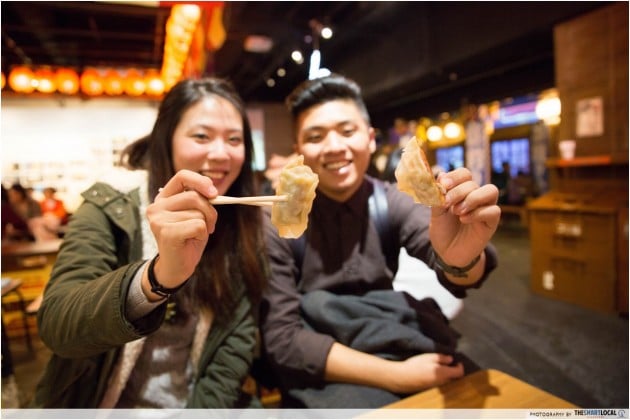
8. Get snug and cosy with the locals at Omoide Yokocho
In the massive neighborhood with 5 metro stations and enough Uniqlo buildings to dazzle you, Omoide Yokocho is a crevice you’d miss if you blinked. If you don’t mind a little jostling, this hideout will reward you handsomely with its vibes.
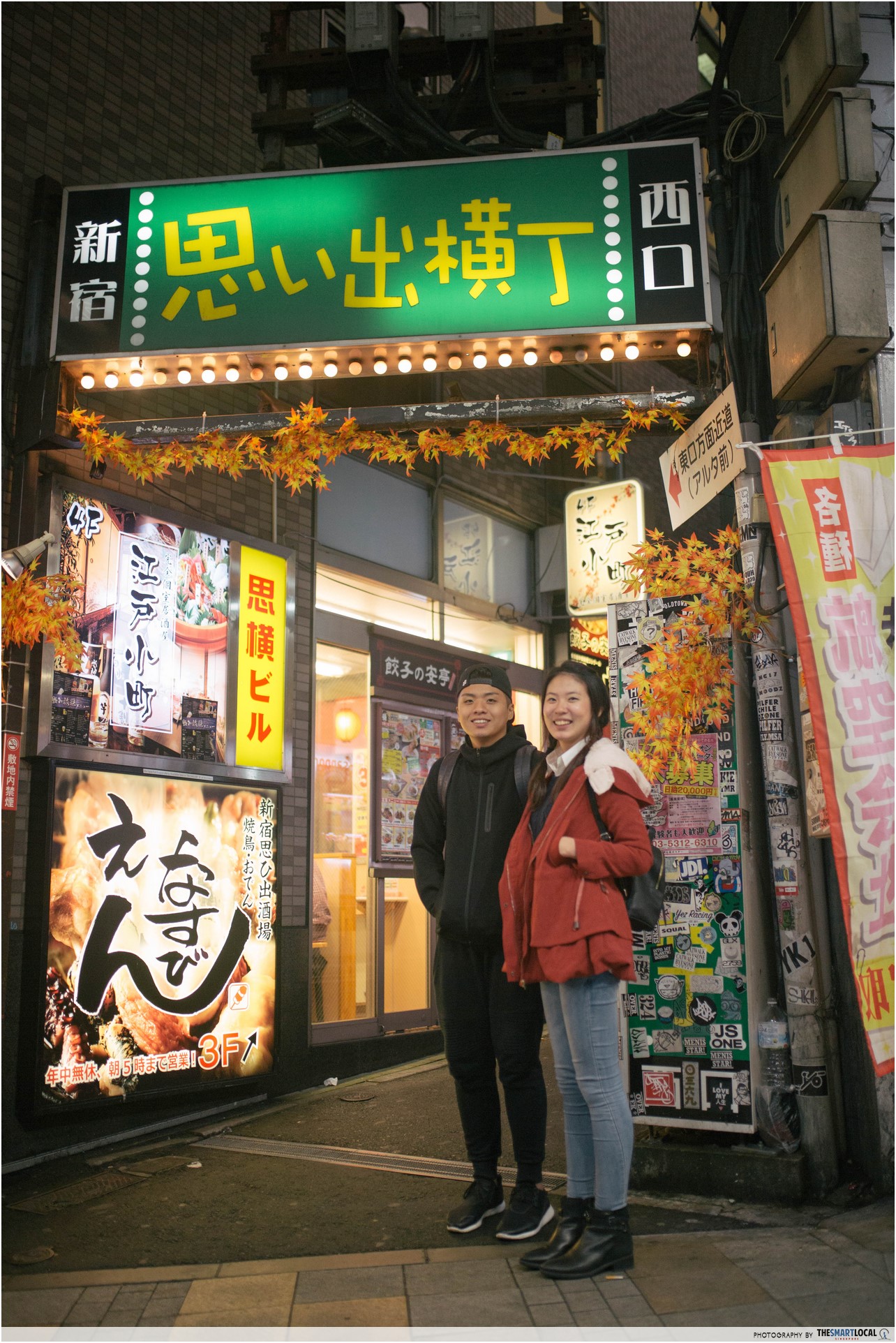
The narrow alley is lined with tiny Yakitori stalls that hold no more than 10 guests. Within this claustrophobic configuration, there is an unspeakable charm in the way smoke fogs up the place from both grills and cigars, and how businessmen hang up their suit jackets and call it a day with miniature glasses of Asahi Dry.
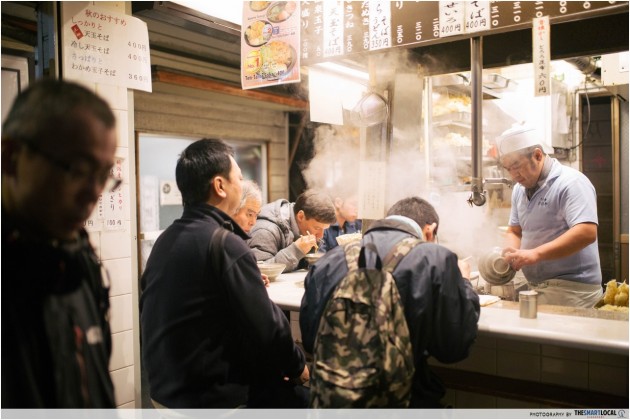
It’s unlikely that you’ll find a menu here, only Japanese-inscribed wooden blocks on the wall. When in doubt, just point to the skewers on the counter as you would at a caifan stall. Body language is universal.
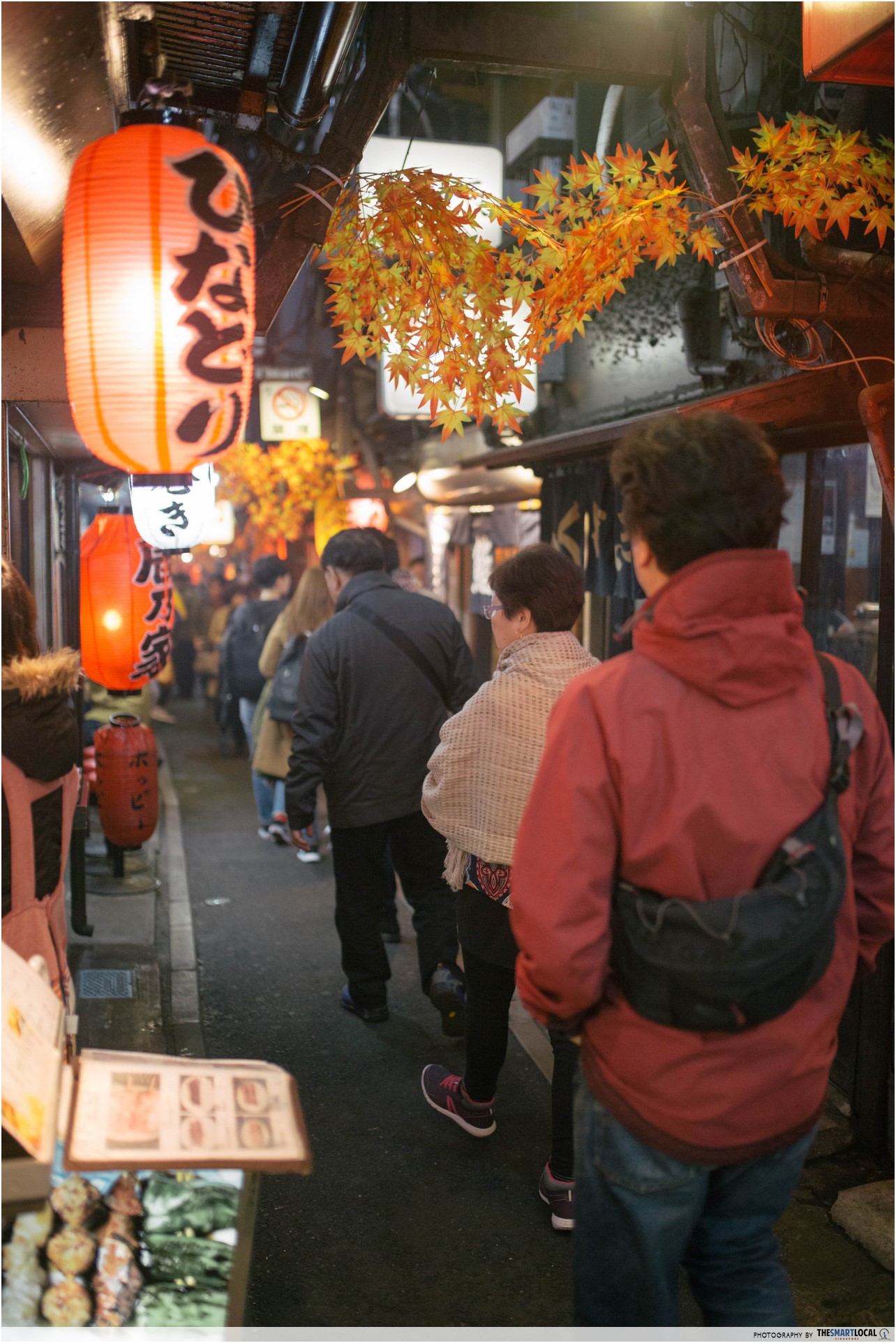
9. Sleep in a 2-in-1 bookstore capsule hotel at Ikebukuro
Over the years, the capsule hotel has evolved from a businessman’s solution to last-minute layovers to a backpacker’s choice of accommodation. More recently, it has taken to quirkier levels and today, you can make your bed in a bookshelf!
After having gone viral on the internet, Book And Bed Tokyo is often fully booked. It’s a pity we couldn’t see this for ourselves, but the next time you’re planning an affordable getaway to Tokyo, this hostel in Ikebukuro is a neat option whether you’re a bookworm or not.
Rediscover Tokyo With M1 Data Passport
No matter the splendour of Shibuya crossing or the tranquility of Meiji Shrine’s forested walkways, these are a welcome respite from tourists-infested hotspots. Most require extensive research and navigation, lest you lose your way in Tokyo’s labyrinth of a transportation network. On this trip, we stayed connected with M1 Data Passport.
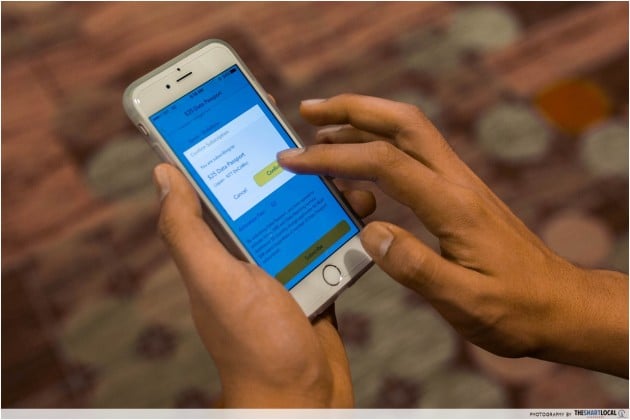
M1 customers can activate Data Passport through My M1 App and use their local data bundle overseas. If you exceed your local data bundle, you don’t have to worry about expensive roaming charges as it’ll only cost $10.70/GB – as if you are using it in Singapore. You can even add more data bundles from Upsized Data!
Say goodbye to bulky wifi routers and the hassle of setting up a local SIM. Before you know it, you’ll be receiving Whatsapp messages once the aircraft lands, and navigating your way to the hotel.
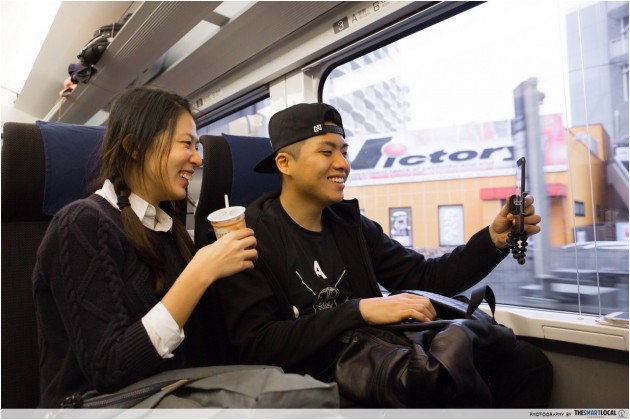
The preferred network for Data Passport was strong even in ulu regions like Fuji-Q, and we could upload photos to Instagram, look up food reviews and connect to Facebook Live in seconds. Data Passport can be used in multiple destinations across Asia, Europe and USA from $10/month. If you’re traveling soon, try it for yourself and you’ll see how convenient it is.
Find out more about the M1 Data Passport!
This post was brought to you by M1.

